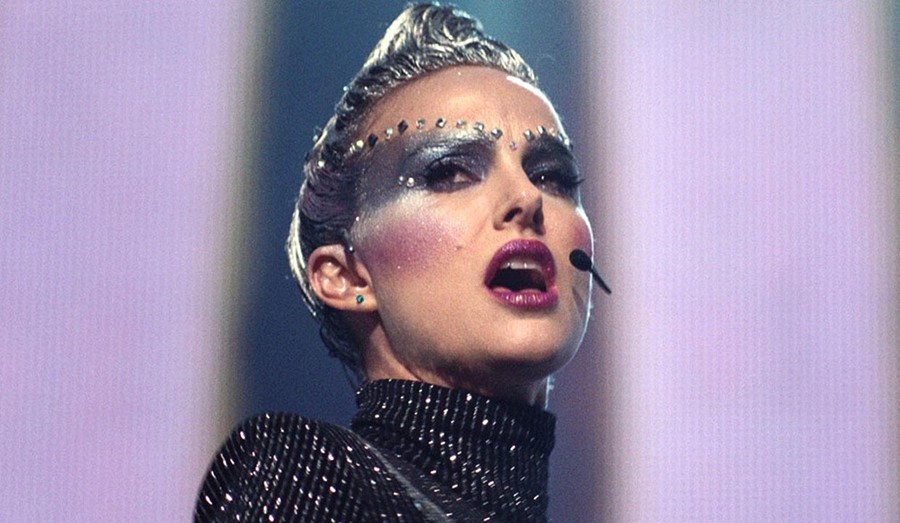From Luca Guadagnino’s luridly coloured Suspiria to Gaspar Noé’s trippy Climax, we chart ten of the year’s best
Bizarre spectacles, existential meltdowns, and a whole lot of angst: the dominant threads of what was a strong but dark year for cinema lent credence to the old notion that turbulent times are potent fodder for art. From the poisonous nature of celebrity to class resentment, environmental crises and primal violence erupting from under a thin surface of decorum, a range of issues were explored by directors with inventive flair. Below, in no particular order, are ten of the year’s best.
1. Vox Lux
Brady Corbet’s Vox Lux starts with a violent New York massacre before plunging us across decades and into the midst of a pop icon’s meltdown – an audacious vision of a world defiled by the supreme reign of celebrity and media spectacle. Natalie Portman (belting out songs by Sia) is brilliant as brittle talent Celeste. By turns aggressively barbed and a vulnerable, drugged-up wreck, she struggles to meet the demands of fame and family. If Oscar front-runner A Star Is Born was too sentimental for you, this is the garishly bold and caustic antidote, showing its characters just enough sympathy to avoid caricature.
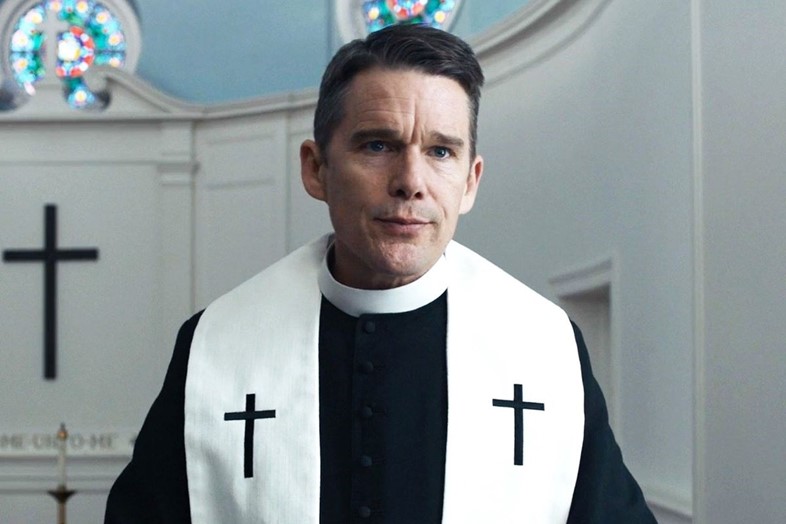
2. First Reformed
Ethan Hawke has never been on finer form than with his intense turn as a reverend in existential crisis in American director Paul Schrader’s masterfully shot First Reformed. A vision of mortality in our troubled era, it transcends any risk of trite tokenism to become a brooding and fierce search for humanity’s remaining hope. It folds terrorism and pending environmental cataclysm into its story of a church leader with a drinking problem called upon by local parishioner Mary (Amanda Seyfried) to counsel her despairing husband, a radical activist. Oh, and – that ending!
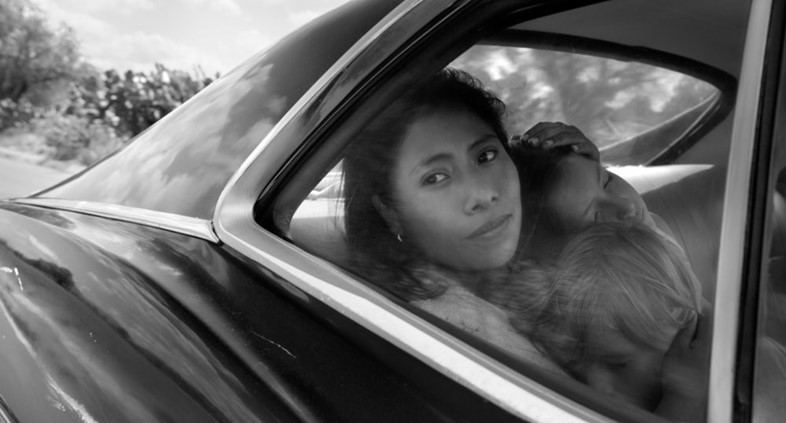
3. Roma
It’s Mexico City in the early 70s. Cleo (newcomer Yalitza Aparicio) is a live-in maid and nanny who feels her life unravelling upon finding she is pregnant. Sofía (Marina De Tavira), her middle-class employer, struggles to maintain a veneer of normalcy after her husband ditches the marriage. Two women, both dealing with the fallout of absentee men – but beholden to a rigid class hierarchy that would keep them at arm’s-length emotionally. Melancholically sublime, and elegantly shot in black-and-white, director Alfonso Cuarón’s intimate family drama Roma had audiences swooning at the Venice Biennale this year, where it won the top Golden Lion.
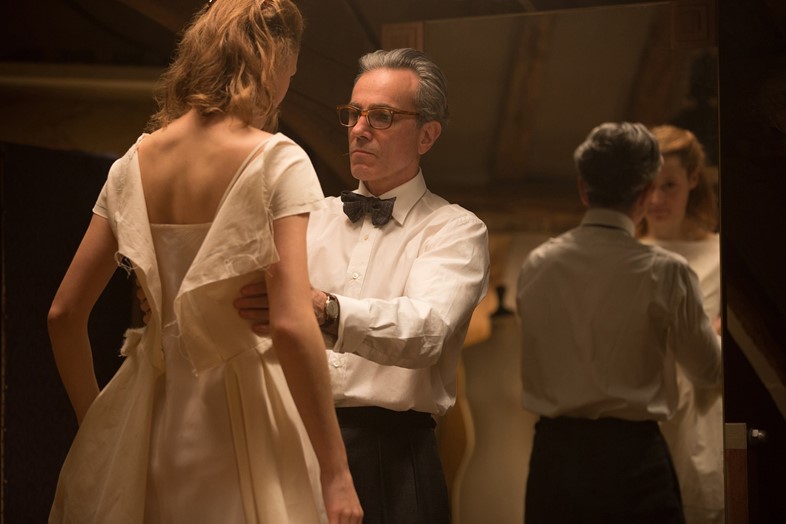
4. Phantom Thread
“If you want to have a staring contest with me, you will lose,” says Alma (Vicky Krieps) to Reynolds (Daniel Day-Lewis) early in their courtship. Power and control are at the root of Phantom Thread’s darkly gothic and sardonic vision of love and obsession, as the renowned but neurotic and tyrannical fashion designer unexpectedly meets his iron-willed match in the waitress (and it’s hinted, Jewish war refugee). Set in post-war London in a haute couture world as coldly regimented as it is elegant, Phantom Thread is a twisted fairytale of sharp psychology and bitter taste. Paul Thomas Anderson’s best film yet.
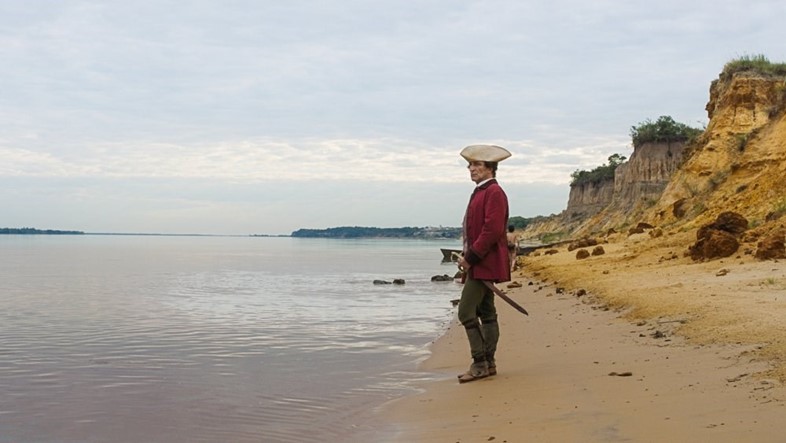
5. Zama
Eccentric, deliciously absurdist and mysterious, Argentinian auteur Lucrecia Martel’s satire Zama is like anti-colonialism on acid. It transports us to an isolated Latin American outpost in the 18th century, where a pompous administrative official Don Diego de Zama (Daniel Giménez Cacho) is awaiting a transfer from the Spanish Empire to somewhere a bit more to his liking. Images that seem out of a dream – an inquisitive llama popping up behind a shoulder may take the cake – combine with an out-there soundtrack, nailing the preposterous and depraved nature of the imperialist project with vivid flair.
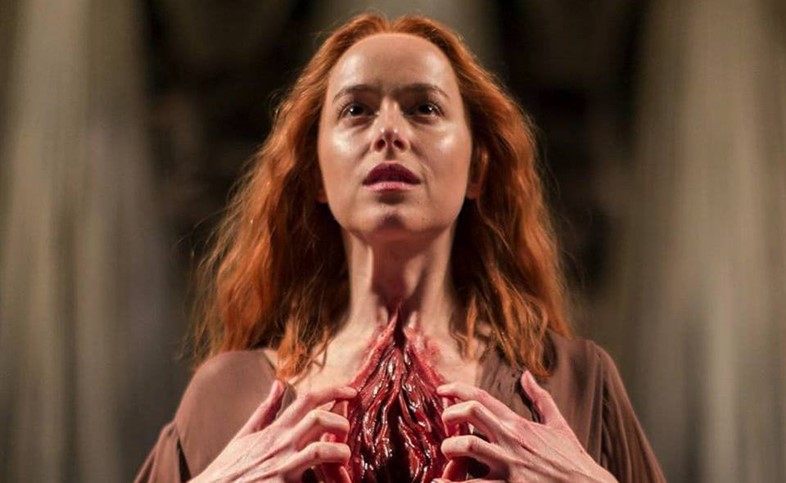
6. Suspiria
Director Dario Argento’s luridly coloured, supernatural giallo Suspiria about a coven of witches in a ballet school in Germany is a 70s horror so unique and iconic it would seem almost foolhardy to remake it. At least, it did before Luca Guadagnino tried his hand at it and defied the odds to deliver a bloody and rain-lashed world as batshit-crazy as the original. His take on Berlin as a setting doesn’t all work: the film’s Modernist look is stunning, but its nods to German historical guilt awkward. Still, this wild, maximalist vision of female power is impressively go-for-broke, helped by great choreography and a strong lead in Dakota Johnson.
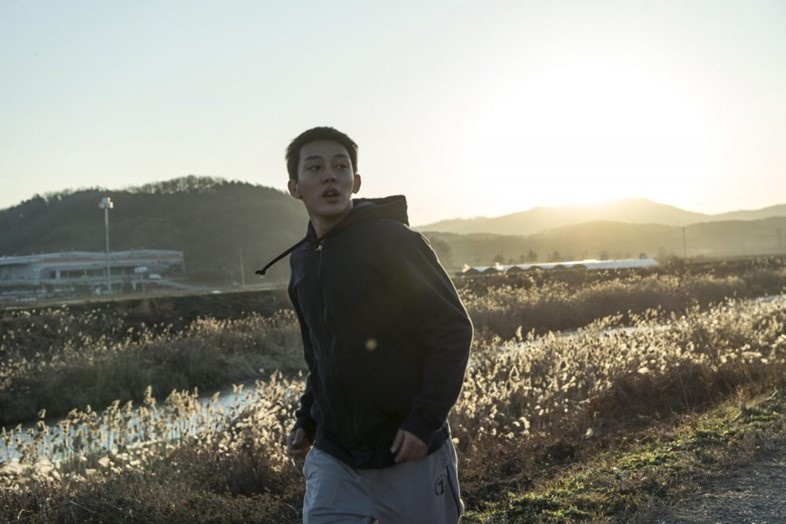
7. Burning
Japanese novelist Haruki Murakami has gained a huge cult following for the mesmerising and enigmatic nature of his created worlds, in which women frequently disappear and cats have portentous meaning. One of his short stories was brought to life this year as a beautifully haunting and inventive noir in the form of Burning, by South Korean director Lee Chang-Dong. The simmering mystery occasions a wonderful performance from Steven Yeun as Ben, a shady nouveau-riche character who enters the sphere of a young couple in Seoul. Pyromania and class envy push this compulsive love triangle into extreme terrain.
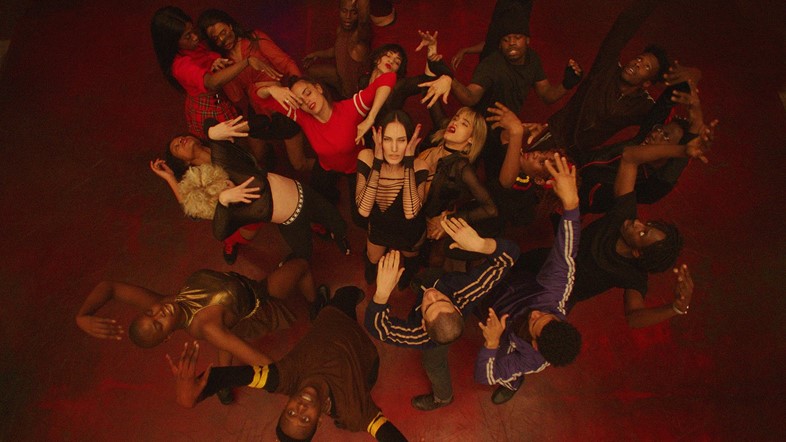
8. Climax
Imagine the worst LSD trip possible and you have an idea what you’re in for with Climax. Arch provocateur Gaspar Noé’s genuine feel for the initiated trappings of youth subculture meant that the Cannes-awarded film – which in the hands of another director could have been a cringeworthy attempt to be down with the kids – transcended cliché to become the year’s most thrilling, lurid nightmare. The French musical horror, soundtracked by Thomas Bangalter of Daft Punk fame among others, is energised by jaw-dropping choreography, as a spiked bowl of sangria unwittingly drunk by a troupe of dancers unleashes a long night of party carnage.
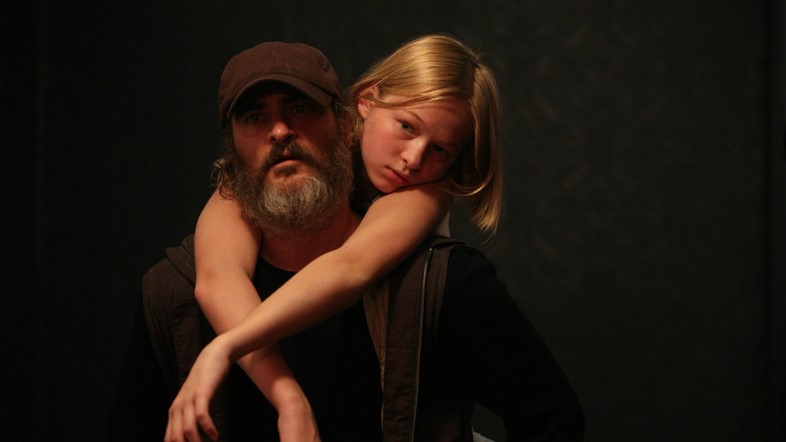
9. You Were Never Really Here
It was a great year for noir: Lynne Ramsay gave us one of the best additions to the genre in years with her stark, atmospheric hitman drama You Were Never Really Here. The unnerving film mines the psychology of trauma with stripped-down precision in its recounting of a pivotal job undertaken by a suicidal gun-for-hire. Joe (a brooding and intense Joaquin Phoenix, on masterful form) has been tasked with rescuing a New York senator’s abducted daughter from a brothel. Flashback snatches of his own violent childhood show the roots of his own maladjustment. Exquisite visual detail shores up the director’s characteristic idiosyncratic flair.
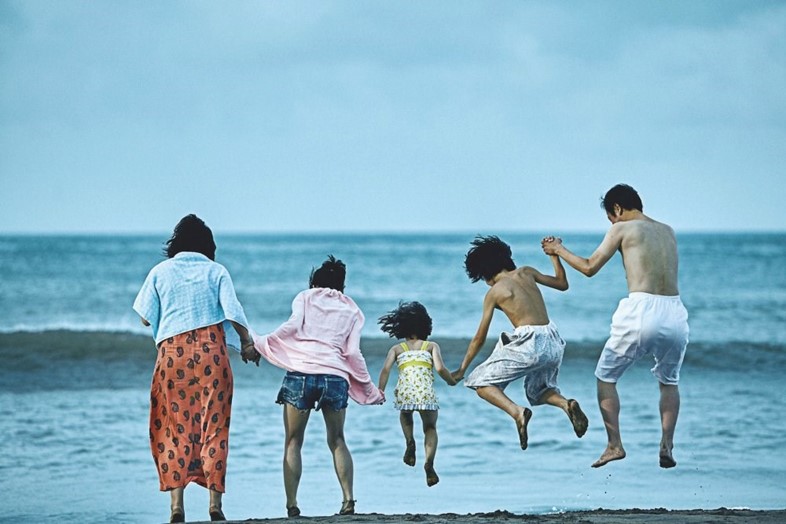
10. Shoplifters
The notion that your real family may not be the one you were born into underpins this year’s Cannes Palme d’Or winner. Japanese director Hirokazu Kore-eda’s Shoplifters is an achingly lovely but ultimately downbeat tale of a poverty-stricken household carrying out whatever petty crimes and money-making schemes they can to get by. After the clan take in a young girl who’s been maltreated by her parents and is shivering outside on a freezing night, she brings out a soft side in all of them, and they initiate her into their way of survival. But their underhand methods are not of the kind that hypocritical society will turn a blind eye to for long.
